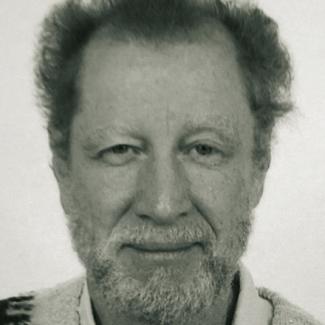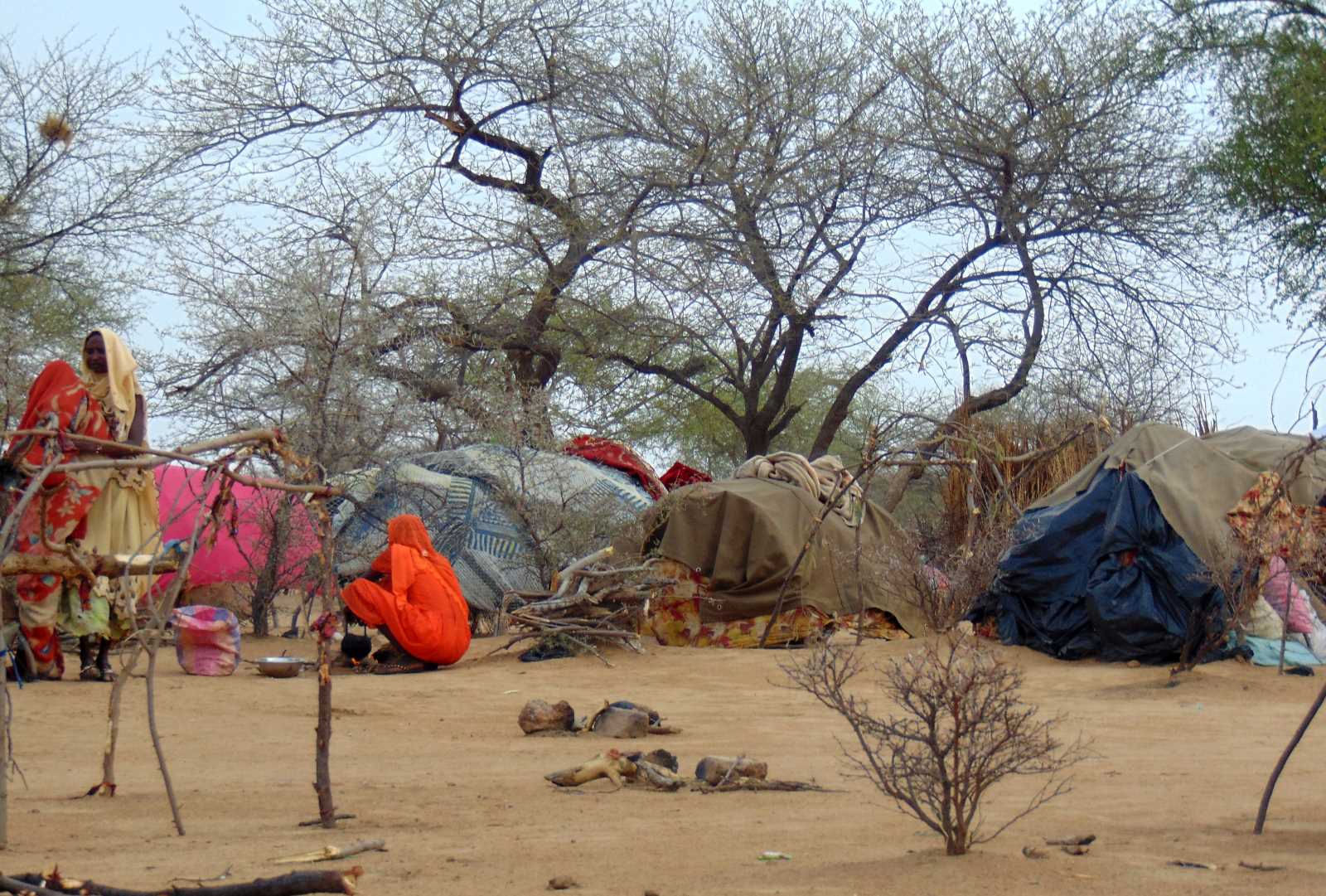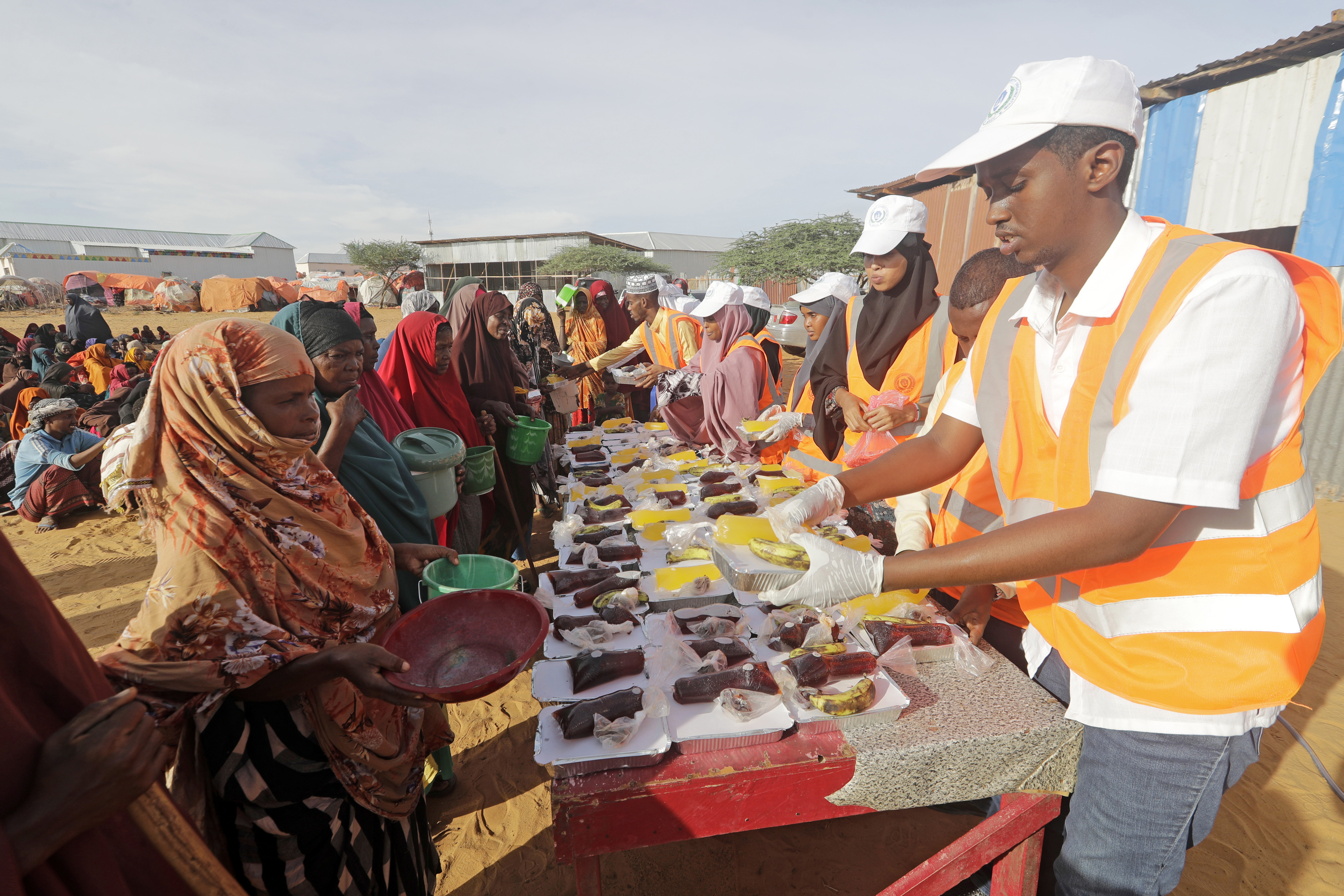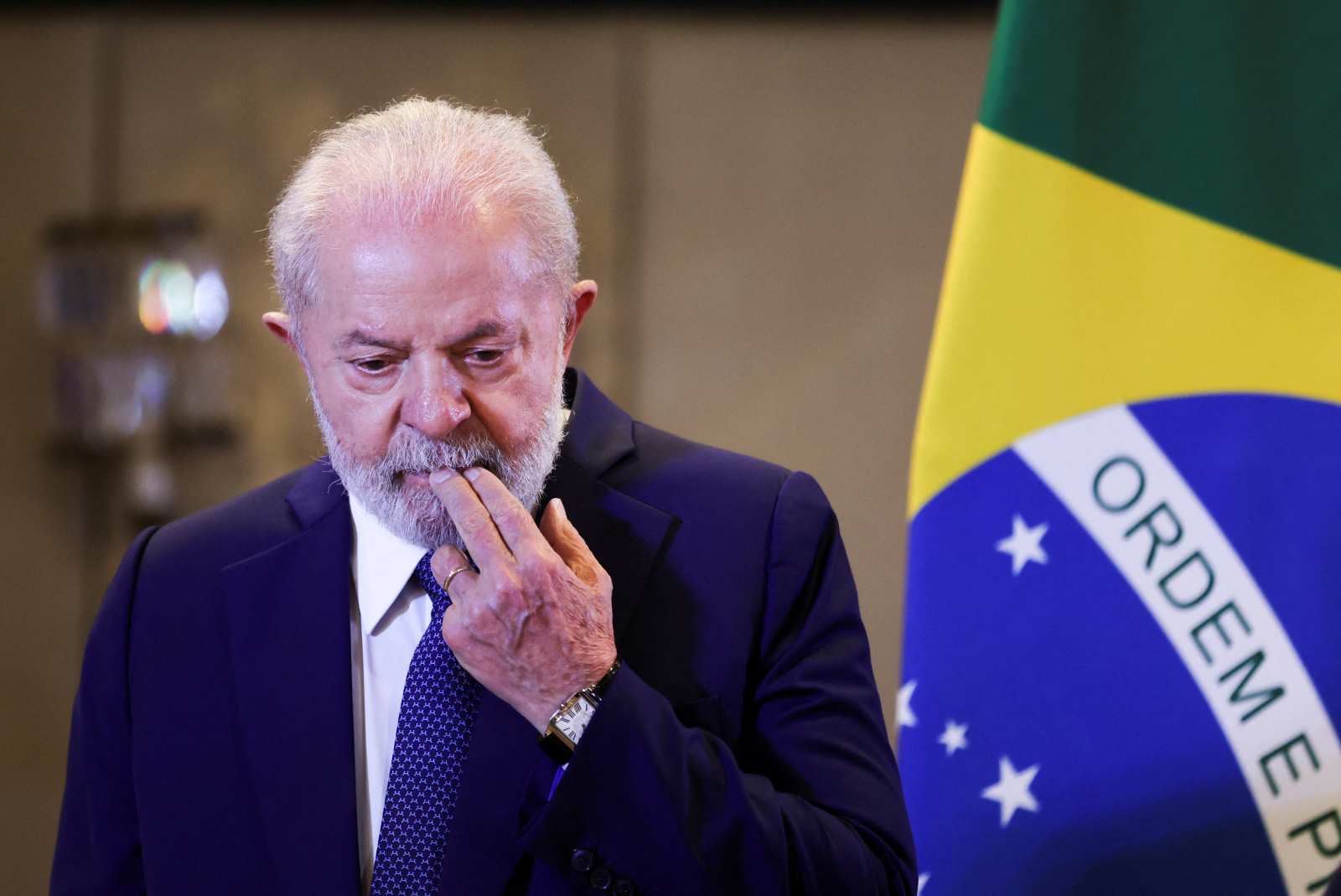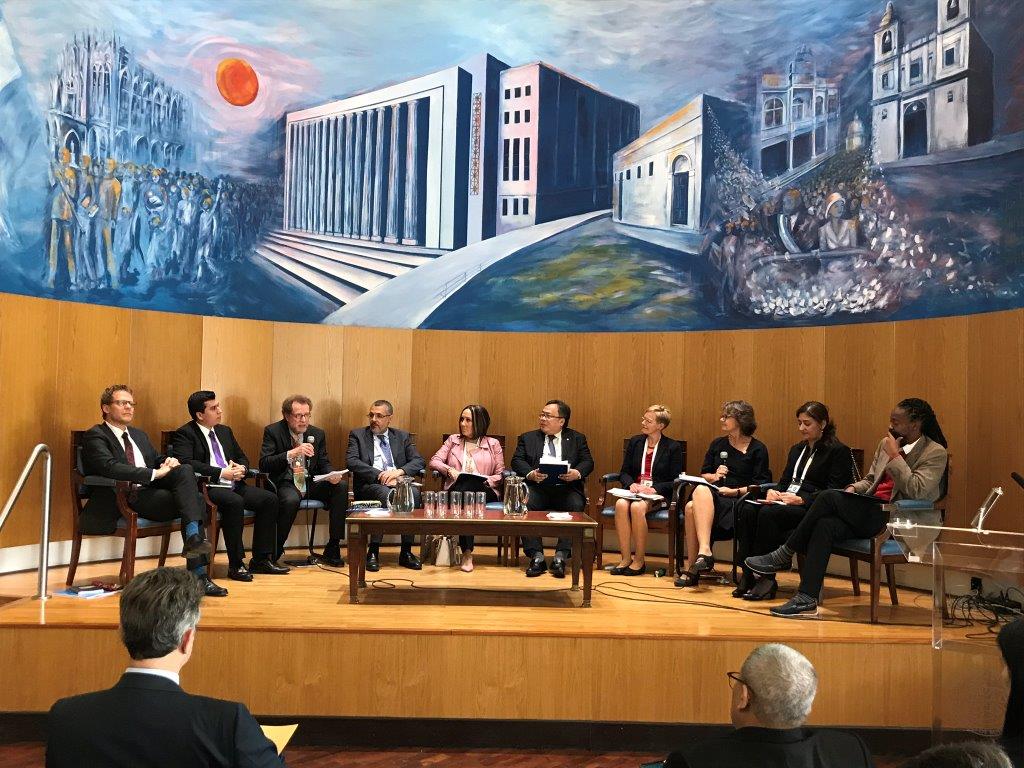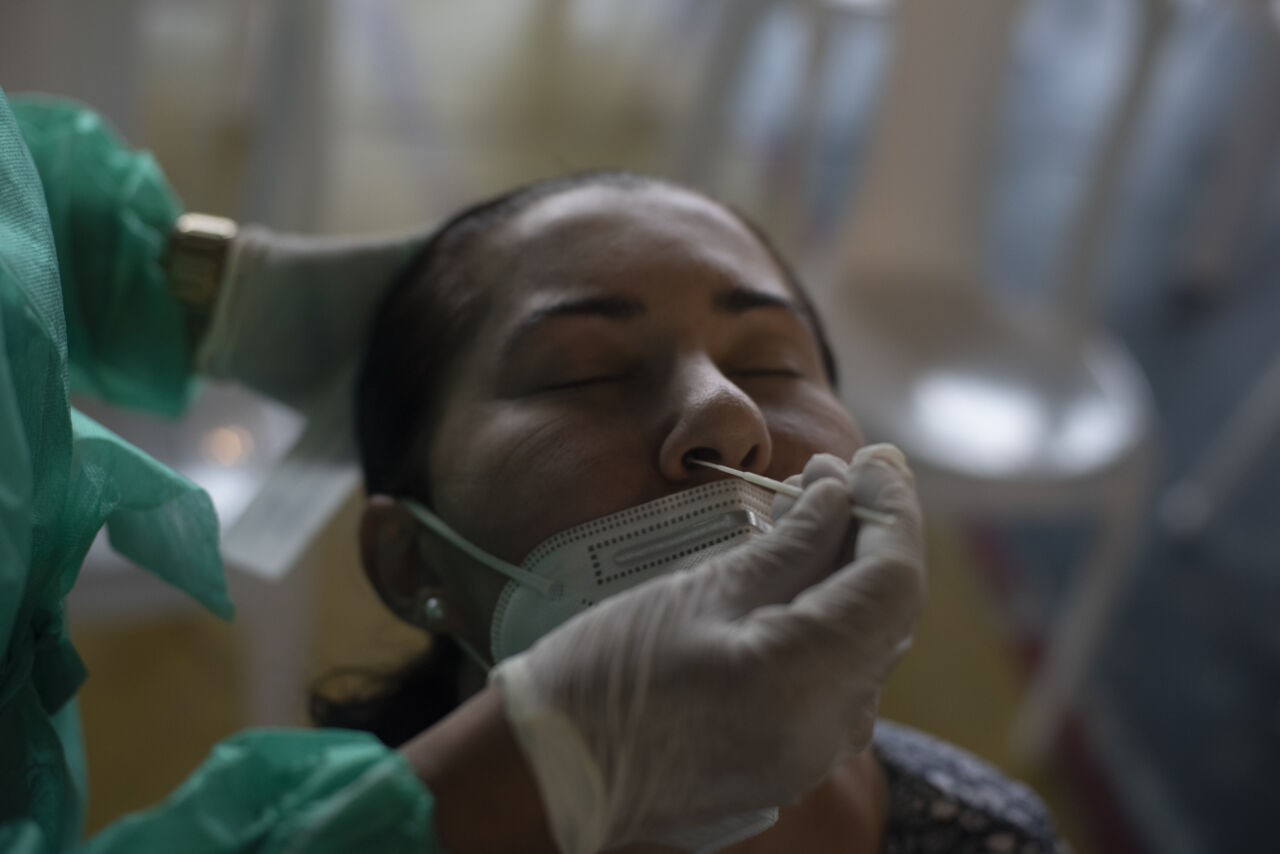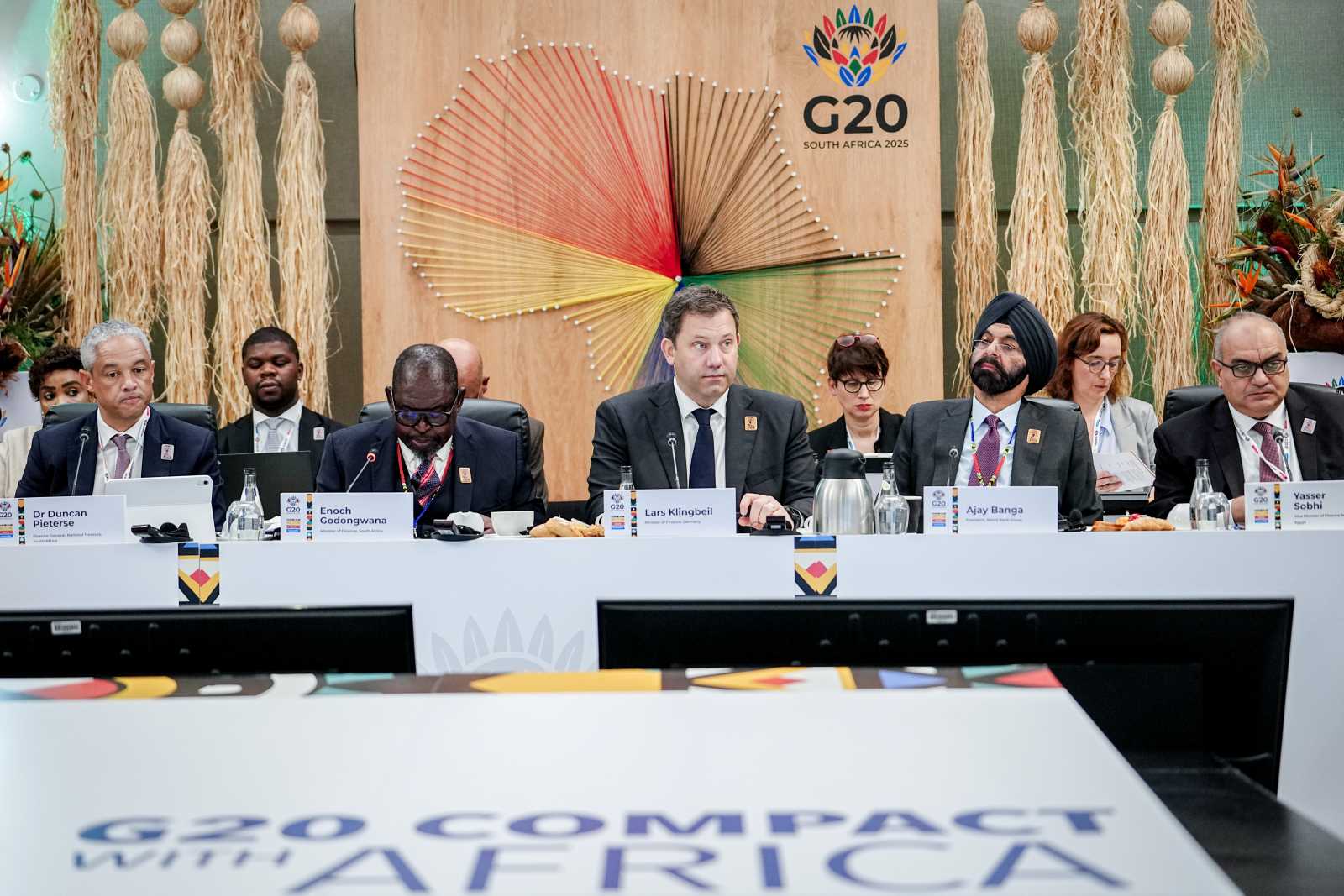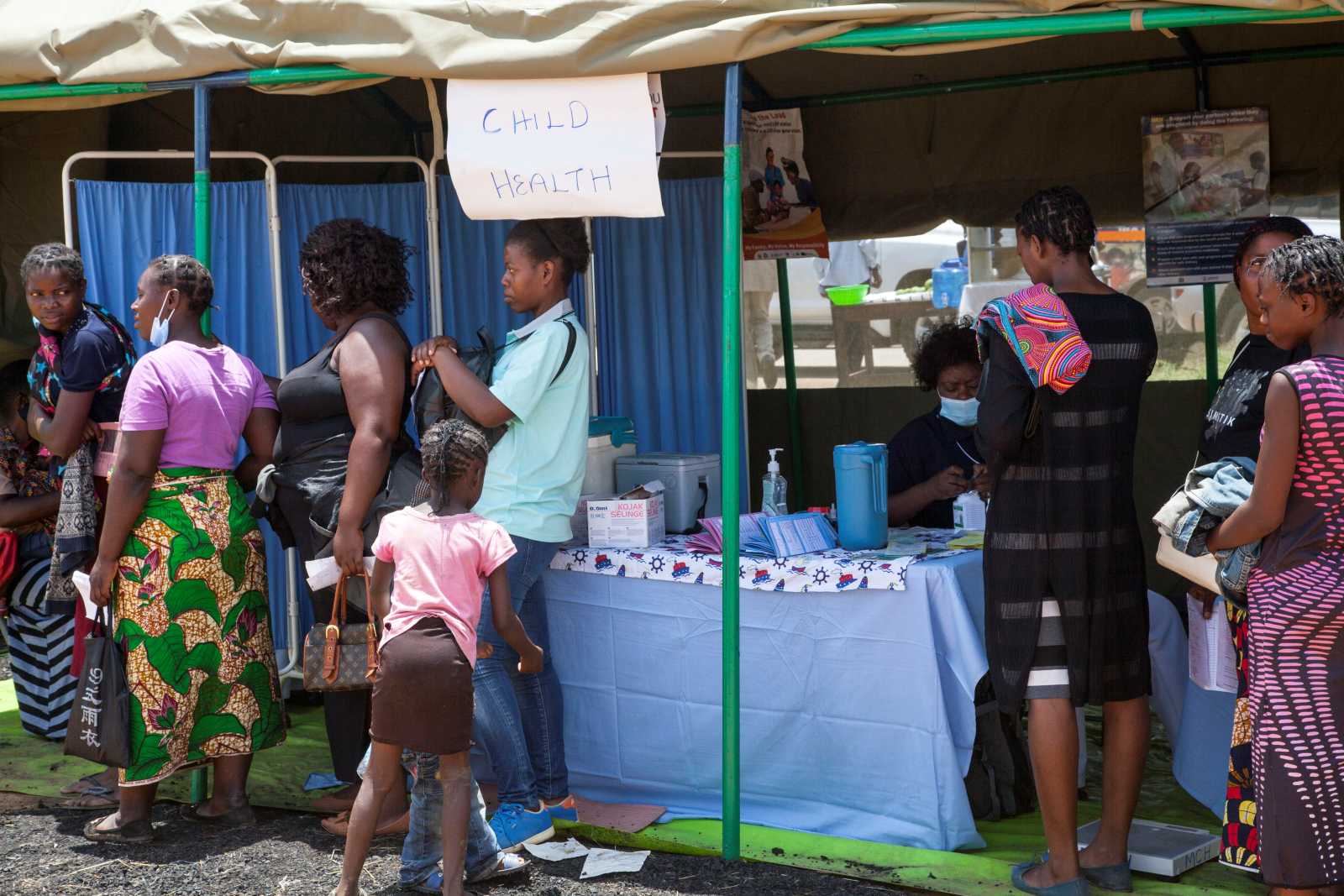Development policy
Triangular development cooperation on equal footing
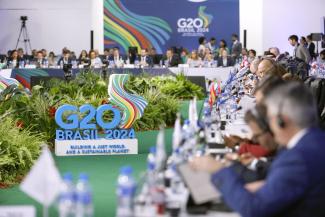
In 2024, Brazil took over the rotating presidency of the Group of 20 (consisting of 19 industrialised and emerging-market countries as well as the European Union and, since 2023, the African Union) at a time of significant geopolitical challenges. The climate crisis is worsening. On top of Russia’s war of aggression against Ukraine, there are now also wars between Hamas and Israel and in Sudan, all of which have developed into humanitarian catastrophes. Competition between China and Western countries, particularly the USA, is intensifying. The list goes on.
Meanwhile, it is becoming increasingly clear how differently the industrialised countries of the G7 and the countries of the so-called global South view these challenges. Dialogue between the blocs is dwindling and multilateral action and shared values are becoming more difficult to agree on. Some older alliances are being called into question and new ones are being formed. In this context, the legacy of colonialism in existing institutions is rightly coming under increasing criticism.
It is precisely in these circumstances that the Brazilian presidency sees an opportunity. Unlike the UN, with its constant Security Council vetoes, the informal club of the G20 can offer a more open space for understanding and building trust.
Beyond summit diplomacy, which will peak at the Group’s meeting in November 2024 in Rio de Janeiro, the G20 process offers numerous opportunities for exchange through expert working groups and minister meetings. There are also so-called engagement groups: organisations focused on civil society (C20), the international women’s movement (W20), unions (L20), think tanks (T20) and many more. The Brazilian presidency places great value on the participation of all stakeholders and is planning to organise a Social Summit, for example, in the run-up to the G20 Summit in Rio.
The G20 Development Working Group (DWG) is being given a good opportunity, too. Promoting gender equality and antiracism as well as fighting hunger and social inequality will be in the foreground, given that these are Brazilian President Luiz Inácio Lula da Silva’s development policy priorities. They have become even more important now that the African Union is a member of the G20.
International triangular cooperation
Work on these issues is now focusing on new forms of international cooperation without a colonial history and character, especially South-South and triangular cooperation.
Triangular cooperation is a development project that is jointly planned, financed and implemented by three or more partners that engage in three roles: beneficiary, pivotal and facilitating. Experience shows that during the lifespan of the triangular projects each of the partners involved can be the beneficiary, knowledge bearer or facilitator. Each partner learns, contributes their knowledge and experience and takes on responsibility.
André de Mello e Souza, an economist at the Instituto de Pesquisa Econômica Aplicada (IPEA), a Brazilian government-led think tank, and a frequent contributor to D+C/E+Z, emphasises that Brazil rejects any kind of hierarchy in development projects that involve more than one partner. Correspondingly, Brazil stressed in a G20 paper that trilateral cooperation builds trust and replaces traditional donor-recipient dynamics through innovative partnerships and shared learning. The idea is that triangular cooperation both helps to overcome the burdens of the colonial past and localise official development assistance (ODA). Brazil distinguishes the terms trilateral (horizontal) and triangular (more vertical) cooperation. Germany and other countries use both terms synonymously, aiming in either case at a horizontal relation between the partners.
Brazil is using its G20 presidency to convince other powerful states of the merits of this instrument. Best practice examples should be prepared to show that triangular cooperation works and how. An international conference organised by Germany and Brazil at the end of May in Salvador da Bahia offered an ideal stage to do so and sent a strong signal shortly before the third DWG meeting under Brazil’s G20 presidency. The DWG has unanimously supported and openly welcomed the topic.
The number of completed and documented projects with trilateral cooperation has increased dramatically. With over 200 projects, Germany has now implemented the most in the world. The majority of Germany’s activities have focused on Latin America, but Asia, the Pacific region and Africa are catching up. Interest in cross-regional cooperation is growing particularly sharply.
The rise in numbers is also due to the fact that triangular cooperation, which frequently takes place under the umbrella of global, regional and bilateral programmes, is now being better recorded. To this end, Germany has introduced a marker for triangular cooperation.
More research and evaluation
It is important to continue the trend towards more evaluation in this area. In the regional fund for triangular cooperation with partners in Latin America and the Caribbean, all completed projects have been independently evaluated since 2015. The fund, which is managed by Germany, relies on Latin American evaluating institutes. The evidence shows that the effectiveness of triangular cooperation continues to grow.
In 2020, the German Institute for Development Evaluation (DEval) concluded an evaluation of triangular cooperation as a modality. It showed that the instrument has a political-strategic and programmatic-thematic dimension. The OECD came to a similar conclusion in 2018. It identified six dimensions: building ownership and trust; promoting complementarity and increasing co-ordination in development co-operation; sharing knowledge and learning jointly; co-creating solutions; enhancing the volume, scope and sustainability of triangular co-operation; and achieving global and regional development goals through strengthened partnerships for sustainable development.
Academic researchers are also increasingly interested in triangular cooperation. Topics that have been or are being addressed in master’s theses and dissertations include, for example, the meaning of triangular cooperation as a modality for post-colonial development policy, the role of China in triangular cooperation and the question of joint evaluations.
Changing roles
Carrying out the aforementioned joint evaluations, as was agreed, for instance, in the 2023 joint action plan between the Federal Ministry for Economic Cooperation and Development (BMZ)and the Chinese cooperation agency CIDCA, is a particular challenge. In order for triangular cooperation to build a bridge between South-South and North-South cooperation, the evaluation criteria of the OECD’s Development Assistance Committee cannot simply be used as a benchmark. The principles of South-South cooperation that can be traced back to the Bandung Conference of 1955 must also be taken into consideration. Conducting joint evaluations will require finding a shared language and agreeing on what criteria to apply. The differences that arise during this process can enrich the development discussion and reveal opportunities for the future.
The role changes that occur in trilateral cooperation mean that existing convictions will sometimes be fundamentally called into question. Germany, for instance, has proven less practised at being a learning partner than the BMZ strategy requires. Much needs to be done if Germany does not wish to lose its connection to current dynamics in partner countries and squander trust that has been built up over decades. Hopefully the Brazilian G20 initiative will create opportunities for reflection that other member states will also take advantage of.
LINKS
BMZ: Triangular cooperation. https://www.bmz.de/en/ministry/working-approach/triangular-cooperation
GIZ, 2024: VII Regional Conference on Trilateral Cooperation with Latin America and the Caribbean 2024: https://fondo-cooperacion-triangular.net/2024/06/06/mensajes-clave-de-la-vii-conferencia-regional-de-cooperacion-trilateral-con-america-latina-y-el-caribe-2024-superando-obstaculos-construyendo-puentes/
OECD, 2018: Toolkit for identifying, monitoring and evaluating the value added of triangular co-operation: https://www.effectivecooperation.org/system/files/2019-06/TOOLKIT_TrC_August_2018.pdf
Ulrich Müller works for GIZ and consults on German development projects relating to networks, knowledge sharing, triangular cooperation and cooperation agencies in emerging-market countries.
ulrich.mueller@giz.de
Luiz Ramalho is an independent development consultant and former GIZ senior manager.
ramalho.berlin@gmail.com
